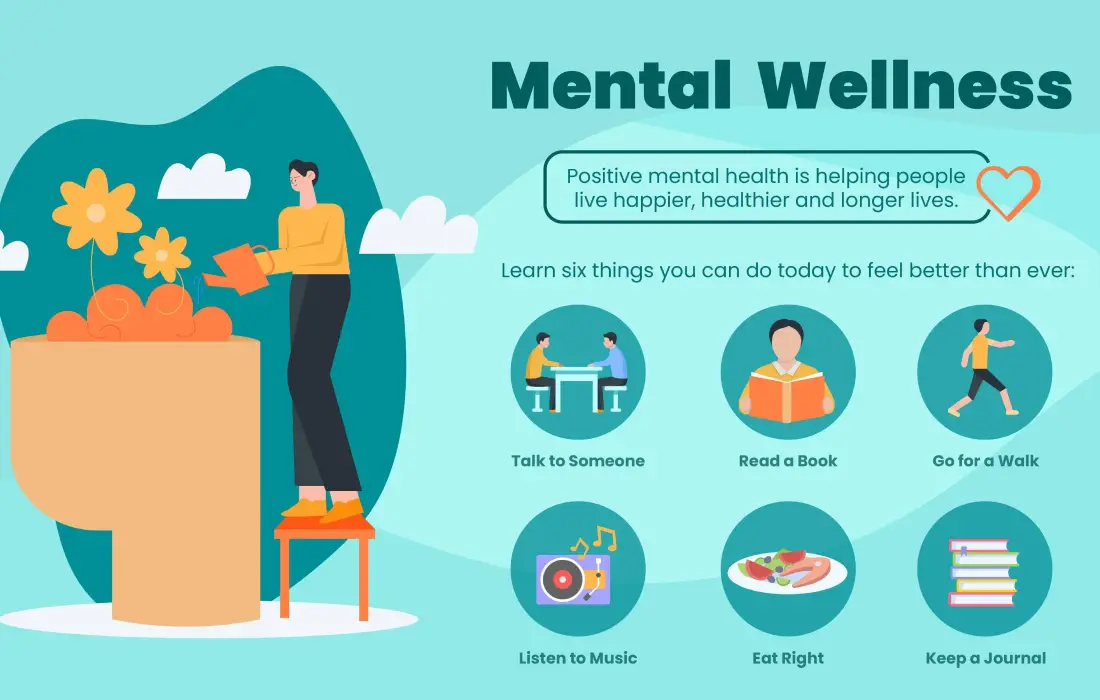

In today’s fast-paced world, mental and physical health are closely connected. Stress, anxiety, and depression don’t just affect your thoughts—they can take a serious toll on your body. From headaches to digestive issues, poor mental health can manifest in physical ways. In this blog, we’ll explore the deep connection between mind and body, common symptoms, and tips to maintain overall well-being.
Our brain and body communicate through complex networks. When we experience stress or anxiety, our nervous system releases hormones like cortisol and adrenaline. While these hormones are essential in small amounts, chronic stress can lead to:
Weakened immune function – making you prone to illnesses
Digestive issues – causing bloating, stomach pain, or irritable bowel syndrome (IBS)
Heart problems – increasing the risk of high blood pressure and heart disease
Chronic pain – leading to tension headaches, back pain, or muscle stiffness
If you're feeling mentally exhausted, your body might be sending signals like:
Frequent headaches or migraines
Unexplained body aches or muscle tension
Sleep disturbances (insomnia or oversleeping)
Fatigue despite getting enough rest
Skin breakouts or hair loss due to stress
Taking care of your mind benefits your body too! Here are some proven strategies:
Practice mindfulness & meditation – Reduces stress and promotes relaxation.
Exercise regularly – Physical activity releases endorphins, improving mood.
Eat a balanced diet – Nutritious foods support brain and body function.
Prioritize sleep – Quality rest helps both mental clarity and physical recovery.
Stay socially connected – Talking to friends or joining support groups reduces loneliness.
Your mental health is just as important as your physical health. By recognizing the signs and adopting a healthy lifestyle, you can improve overall well-being. Start with small changes today, and your mind and body will thank you!
0 Comments :